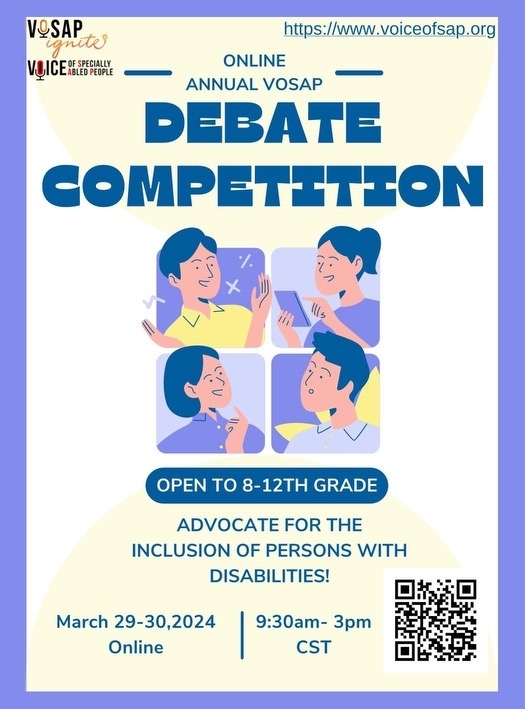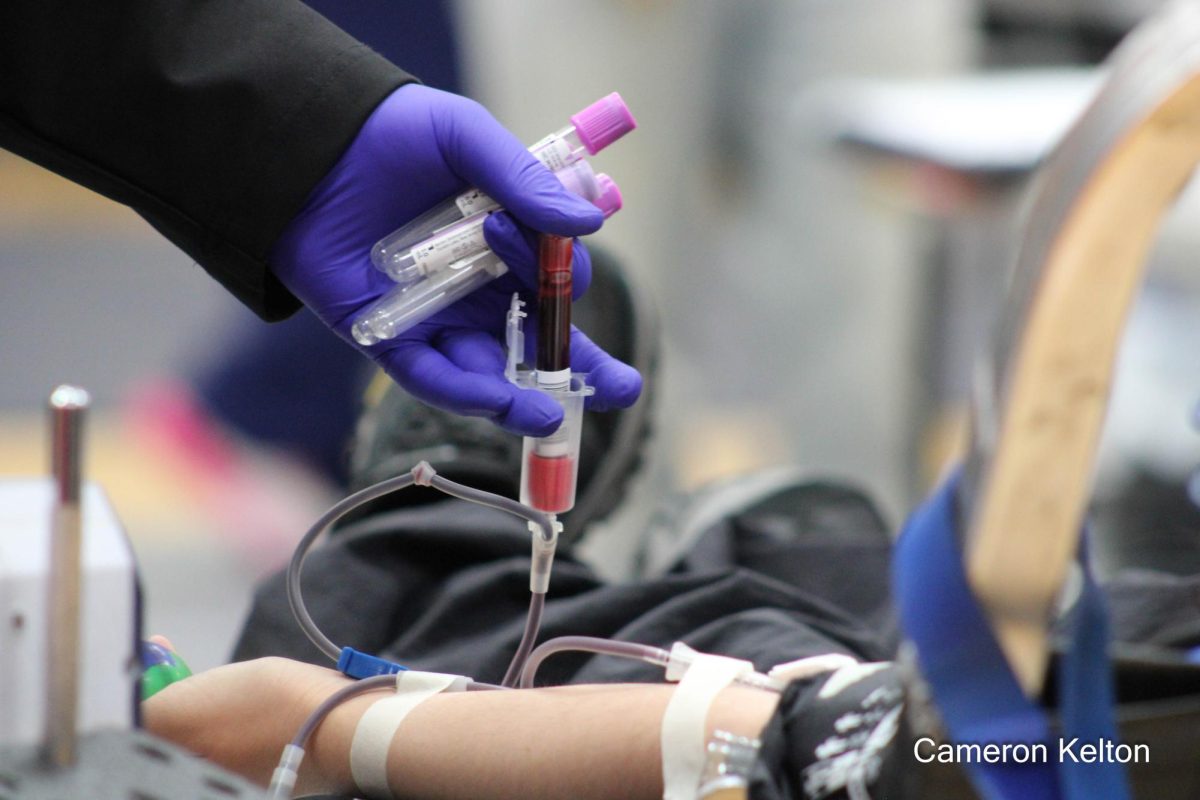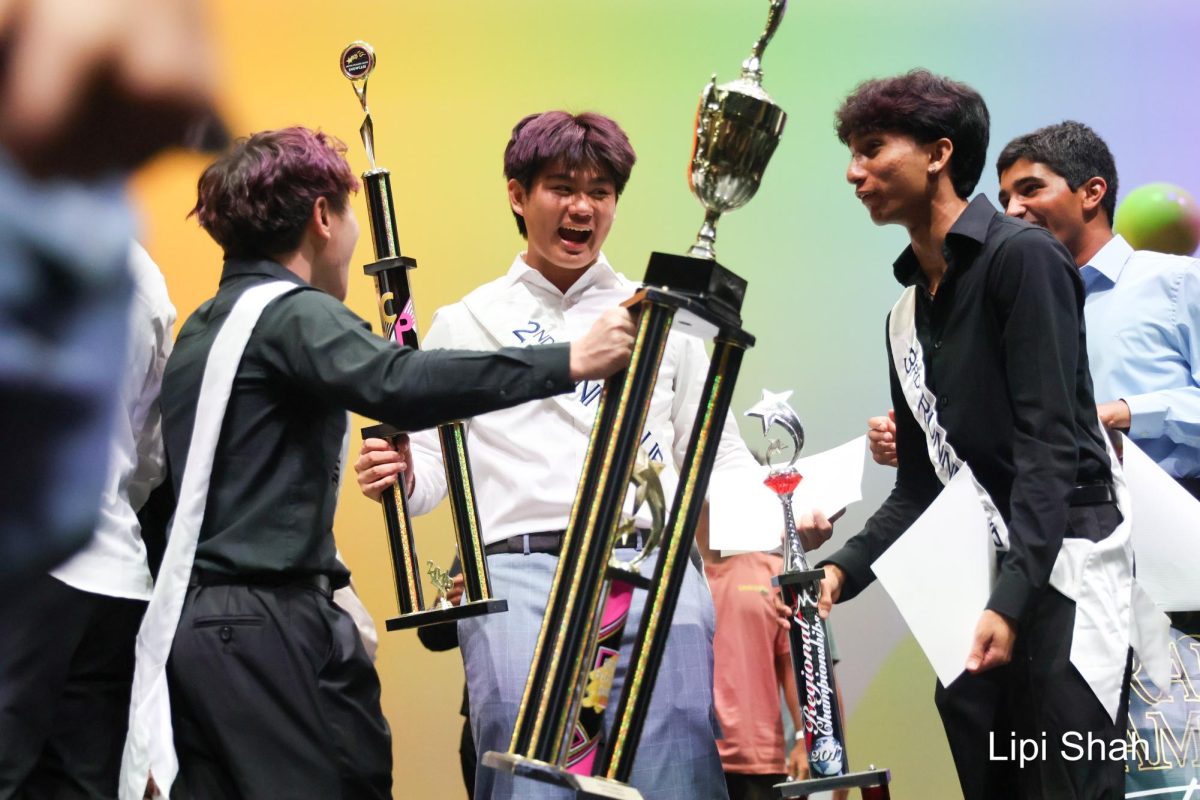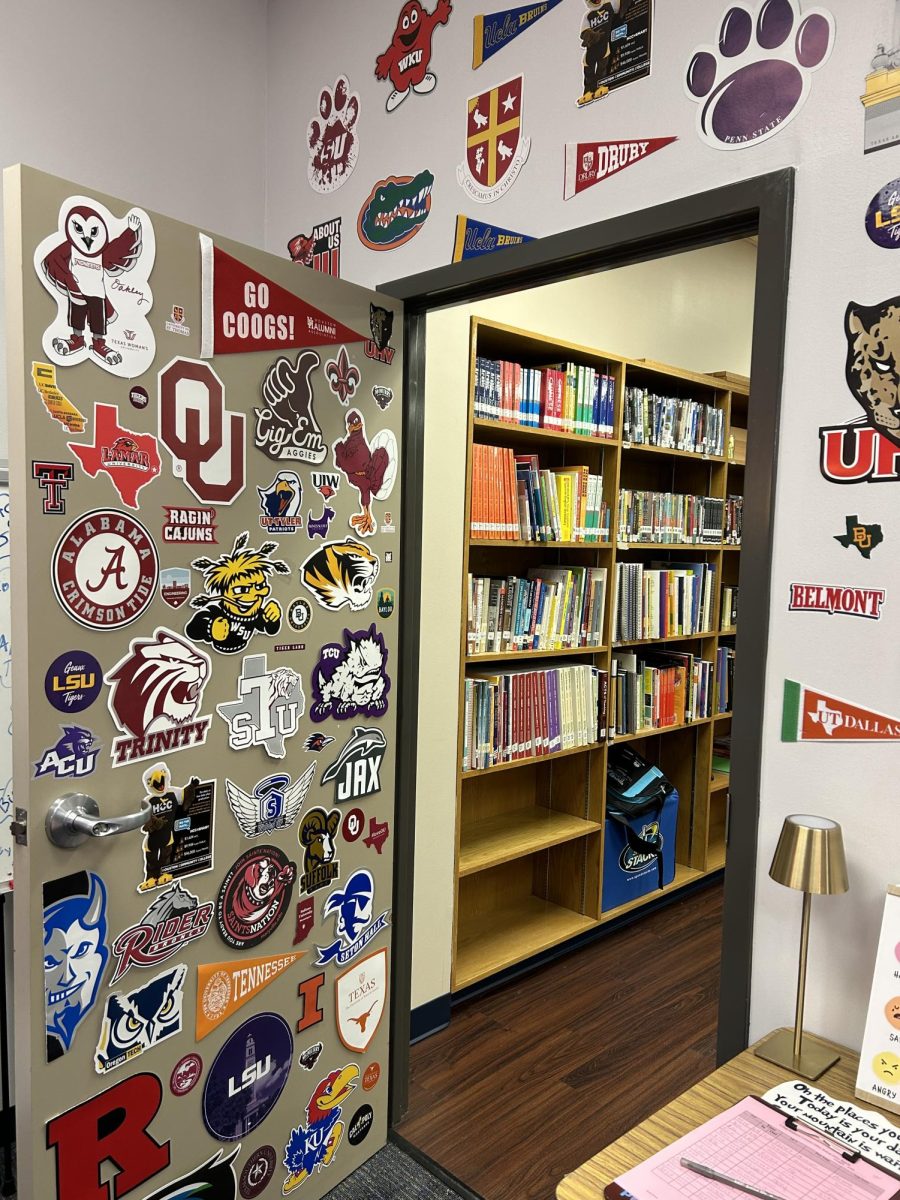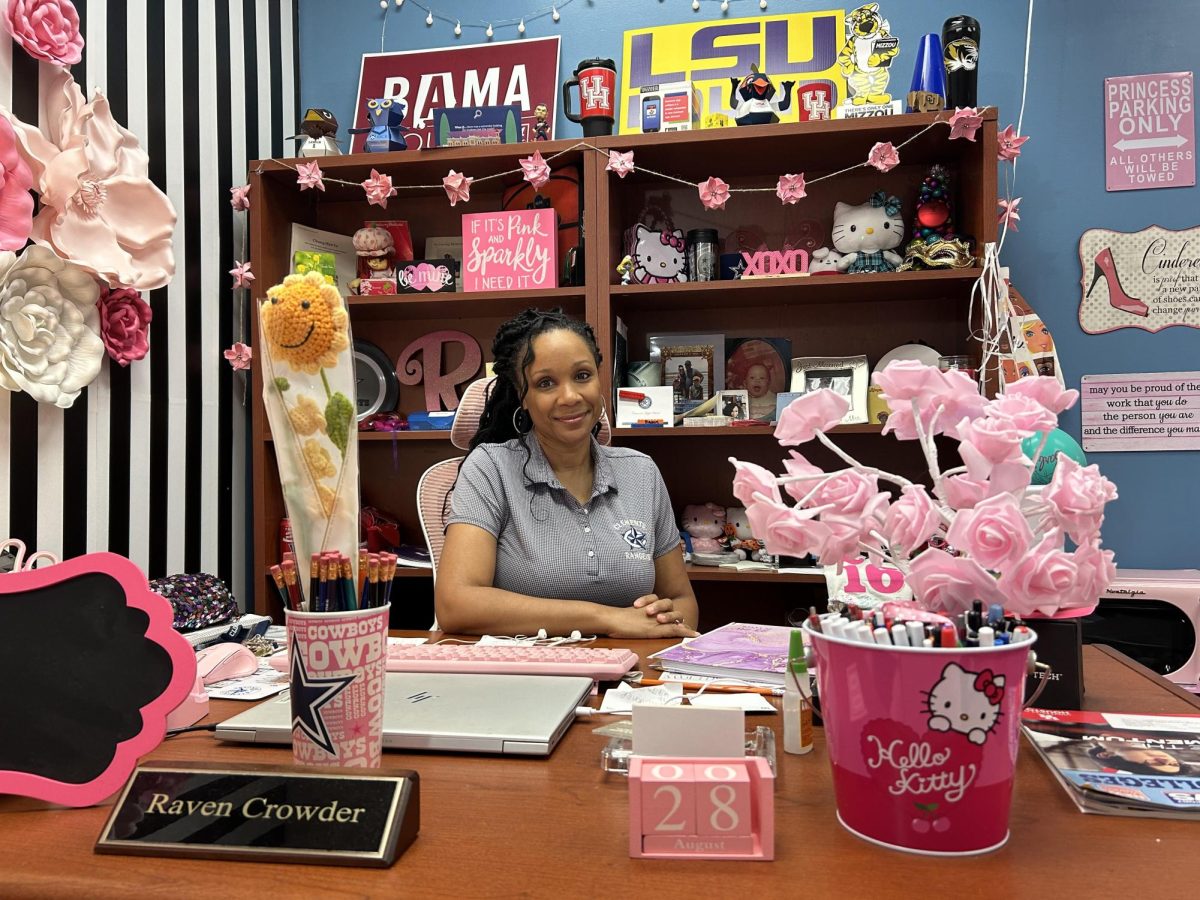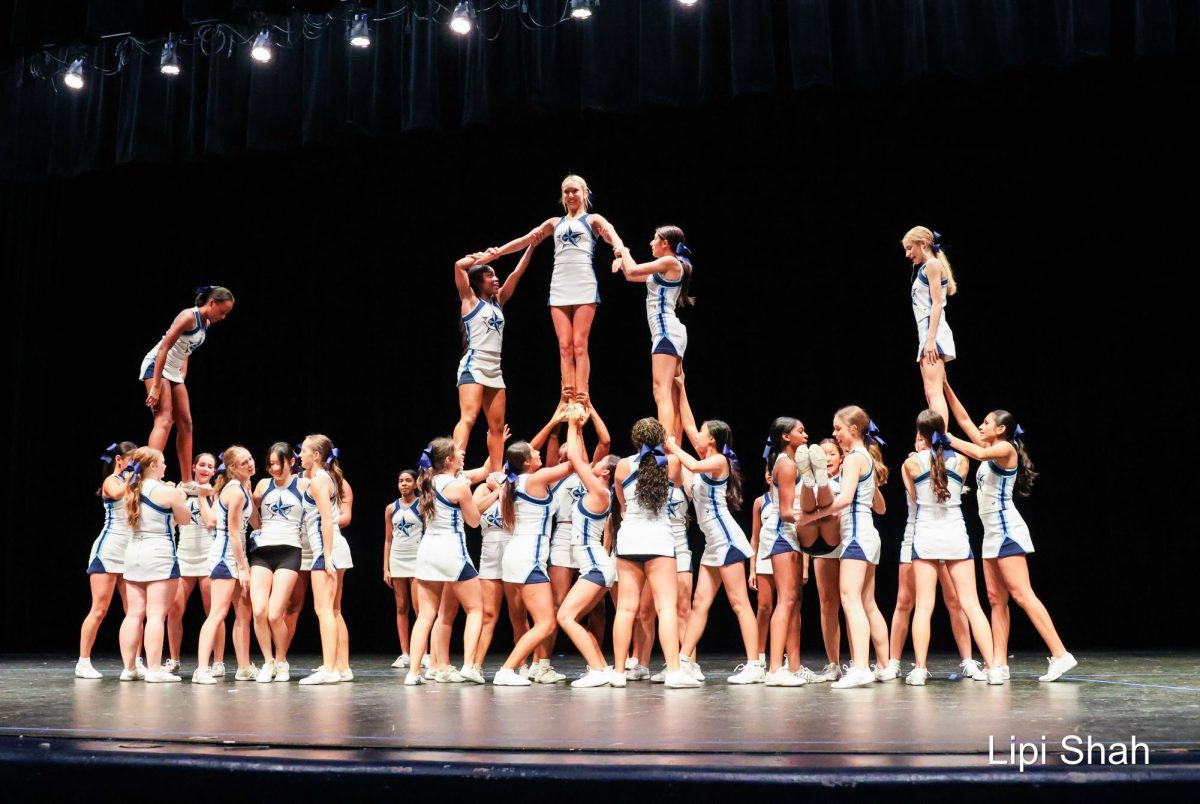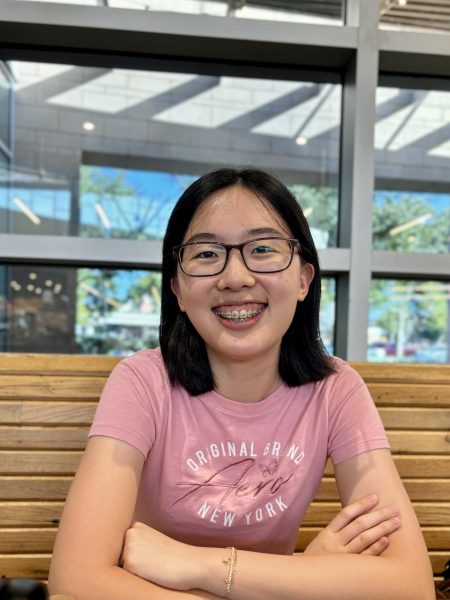A sewing machine can save a life.
As insignificant as it may seem, that one item empowers people with disabilities to become financially independent because even people with mobility impairments can tailor garments at home or make and sell clothing.
But Voice of Specially Abled People, the international organization responsible for the donations, doesn’t intend to stop there – the Clements branch of VOSAP’s youth program, Ignite, is hosting a virtual debate competition on March 29 and 30 from 9:30 a.m. to 3 p.m. open to students in grades eight to 12 to advocate for the inclusion of specially-abled people. Registration is due by March 24.
“The main [purpose] is to spread awareness,” Clements VOSAP branch co-founder Khushi Patel said. “As we involve more people in the competition, more people are getting to hear different viewpoints from everyone else who’s involved in the competition. Also, as they research for the topics that they have to prepare about, they learn more.”
The competition will consist of four rounds, each featuring a different topic, ranging from specially-abled students’ representation in educational institutions to the use of technology to eliminate genetic disabilities, all intended to bring the issues surrounding specially-abled people into the spotlight.
“Specially abled people are everywhere but a lot of times their needs go ignored,” Patel said. “They don’t receive the same treatment or the same consideration as other people.”
Internationally, VOSAP funds medical research and treatment and distributes assistive technology to empower specially-abled people. However, prominent physical and social barriers remain, from the lack of wheelchair-accessible ramps to prejudice-ridden social spheres.
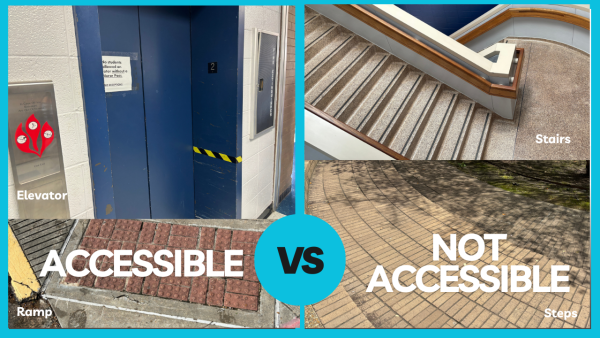
“I think an accessible future comes in two main ways,” Patel said. “First, at the physical level, like when it comes to making schools more accessible, making public areas more accessible. But then second, at the social level, like making sure that specially-abled people feel welcome into society, not like they’re ostracized.”
Aashita Anand, the other co-founder of the Clements VOSAP branch, said her eyes were opened to a different worldview through her volunteer work writing for VOSAP’s website and organizing awareness events.
“I now acknowledge how fortunate and privileged I am for my environment and the opportunities that surround me,” Anand said. “The most rewarding aspect of this comes with acknowledg[ing] that along with this privilege comes gratitude that I’m in the position to contribute positively towards burgeoning communities of people with disabilities that have the potential to do great things.”
VOSAP’s club meetings range from analyzing art from specially-abled artists to presentations on assistive technology and global health. Patel has also partnered with the judge of Fort Bend County, KP George, to improve the accessibility of assistive technology in the Sugar Land area.
“A lot of people don’t realize is that at one point we can all be specially-abled,” Patel said. “As a baby, you had to use a walker, when you’re old, you’re going to have to use a cane. You’re not always going to be abled-bodied forever. So it’s important that we advocate for specially-abled people because advocating for one group of people helps us all ultimately.”
Change, after all, can start with something as small as a sewing machine.
Register for the debate competition here.
Correction 3/25/24: A previous version of the story said that VOSAP partnered with KP George. It was Patel who individually partnered with KP George. The story has been updated to reflect the correct information.

